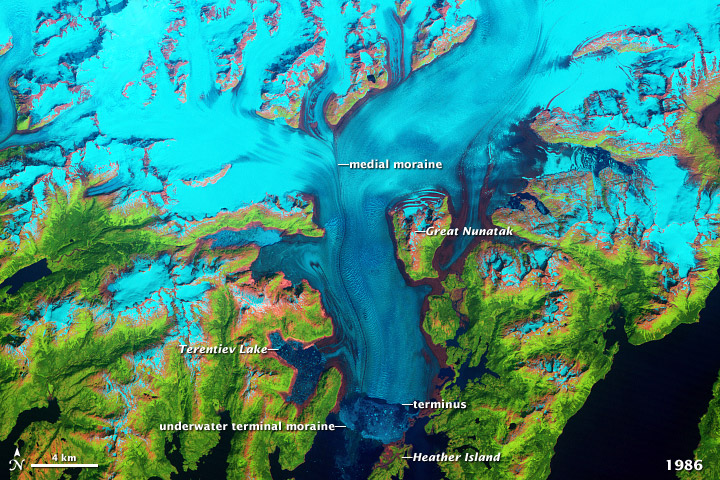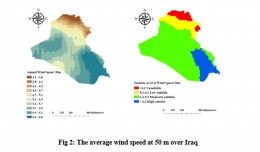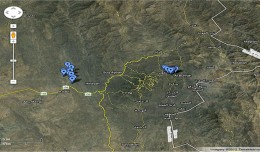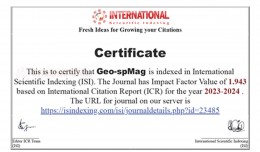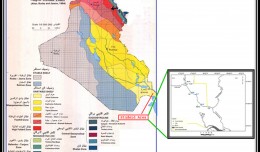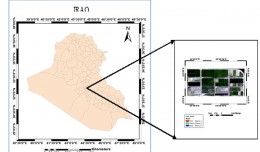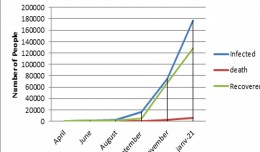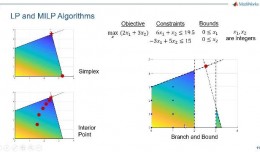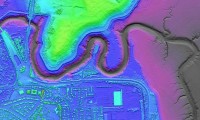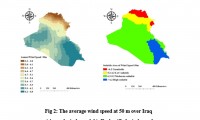Google released more than a quarter-century of images of Earth taken from space Thursday compiled into an interactive time-lapse experience. Working with data from the Landsat Program managed by the U.S. Geological Survey, the images display an historical perspective on changes to Earth’s surface over time.
The decline of Alaska’s Columbia Glacier is one
of the Earthchanges featured in the new Google
imagery based on the Landsat data archive.
NASA Associate Administrator for Communications David Weaver issued the following statement about the Google announcement:
“The Landsat data record — humanity’s longest continuous record of our planet from space — has been an invaluable tool for scientists and decision-makers in many fields, from natural resources to agricultural productivity and climate change. The release today on Google’s Earth Engine of new Landsat time-lapse data animations shows key changes across our planet and helps share this remarkable U.S. resource with the public in an engaging new way.
“The Obama administration is committed to keeping this freely accessible archive of continuous global land observations growing for years to come. That’s why the president’s Fiscal Year 2014 budget includes funding to have NASA take the lead on the design of a new spaceborne system that will continue the acquisition of Landsat-quality measurements.
“NASA launched the newest Landsat satellite in February. Later this month, we will be handing over operations of this mission to our long-time partners at the U.S. Geological Survey. NASA is looking forward to beginning the work to extending this critically important national resource.”
Related Links
› More information about the new Google images
› NASA Landsat website
› USGS Landsat website
Steve Cole
NASA Headquarters
 English
English  Français
Français  العربية
العربية 

